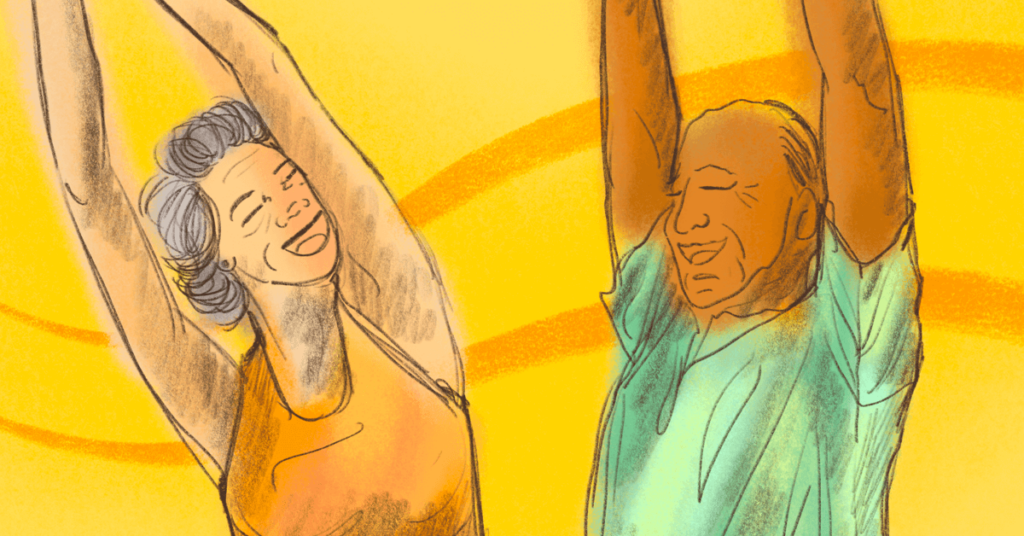Living with multiple sclerosis (MS) can feel lonely. It is hard for others to understand the spectrum of MS symptoms. Fortunately, there are communities to connect with others navigating MS! It makes the journey feel less isolating.
MultipleSclerosis.net recently posted the following:
“Fill in the blank: ______ is something that only someone with multiple sclerosis would understand.”
This question clearly resonated, as there were over 350 responses! Among the comments, some common themes emerged.
Continue reading







